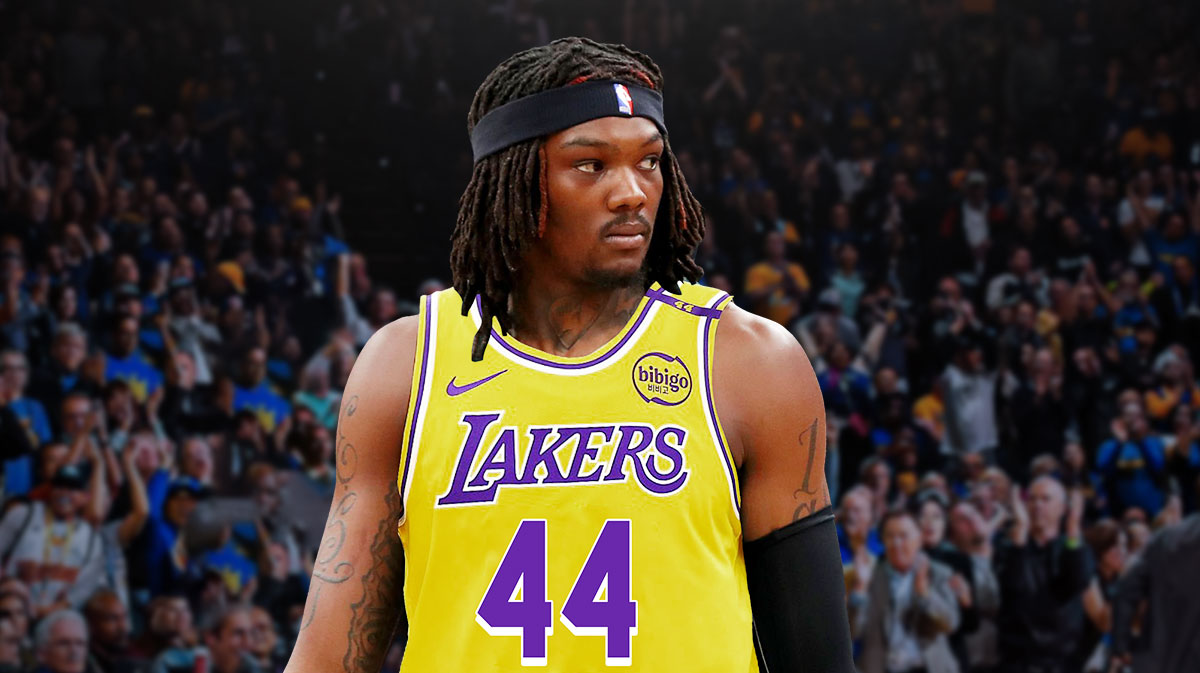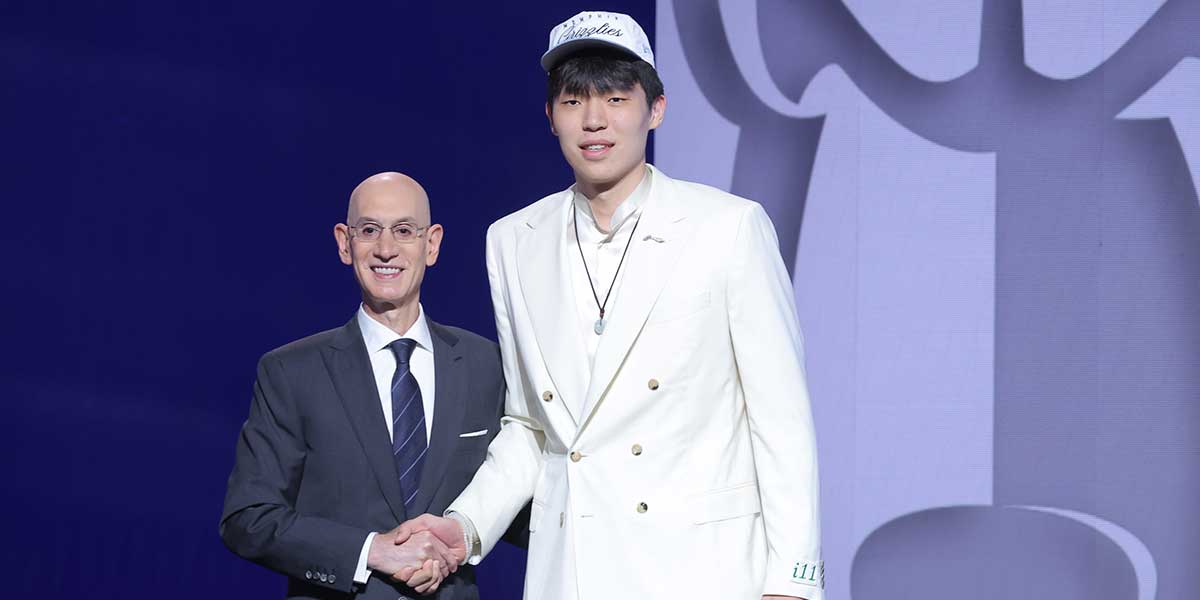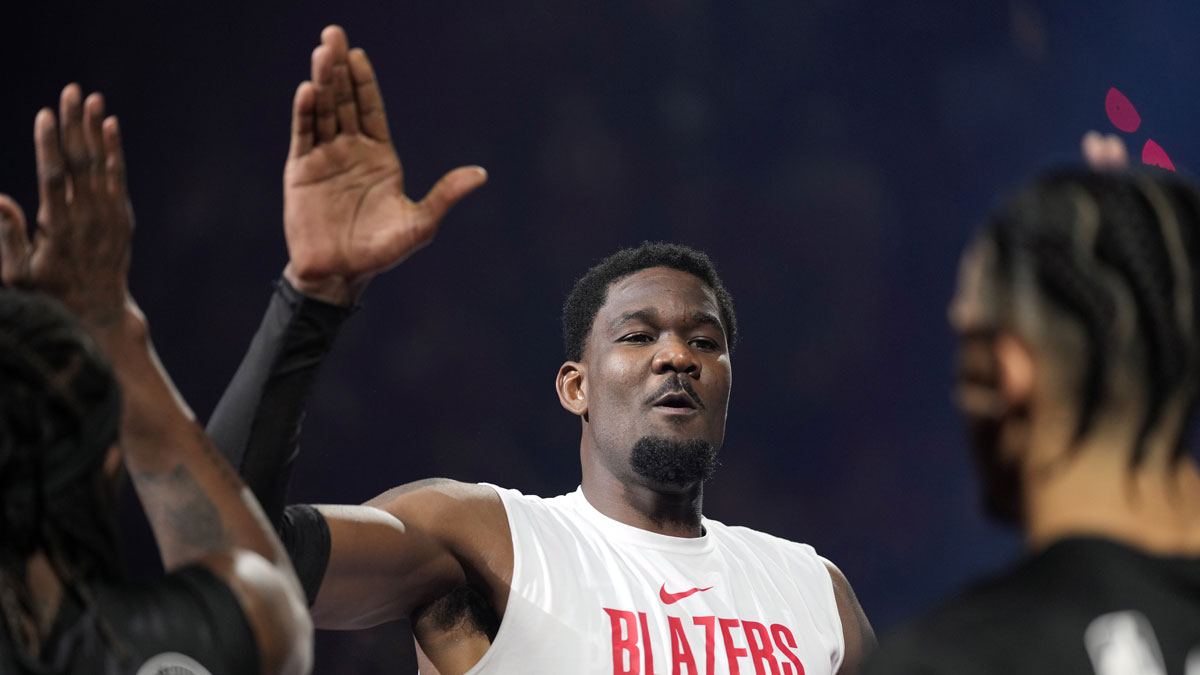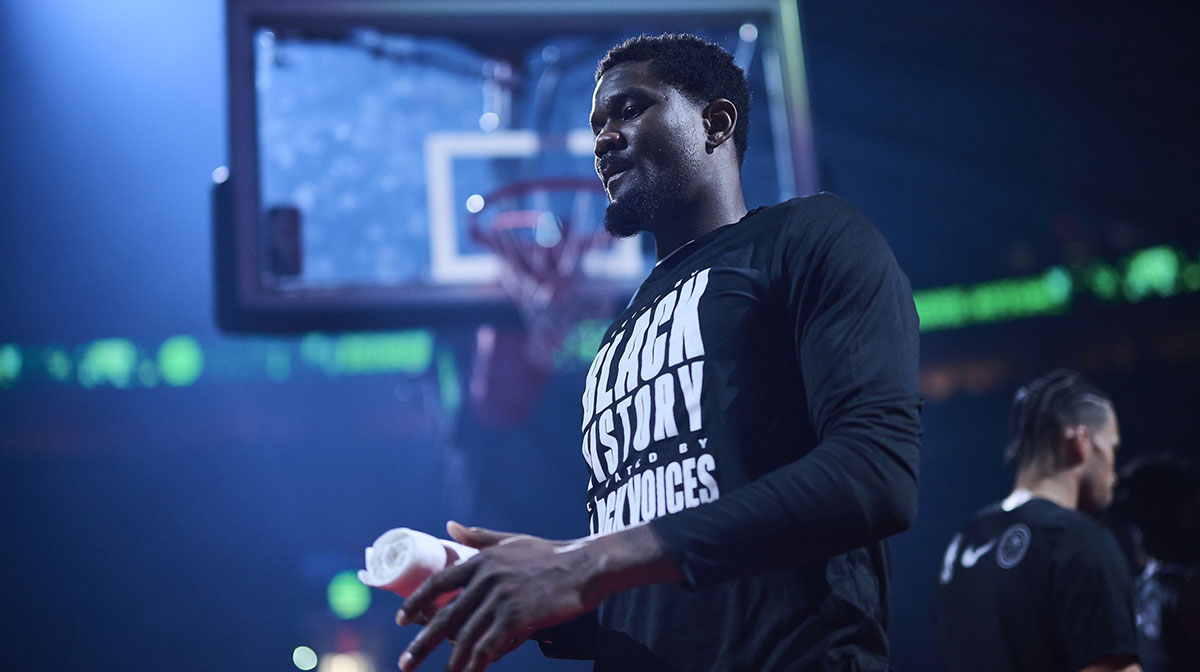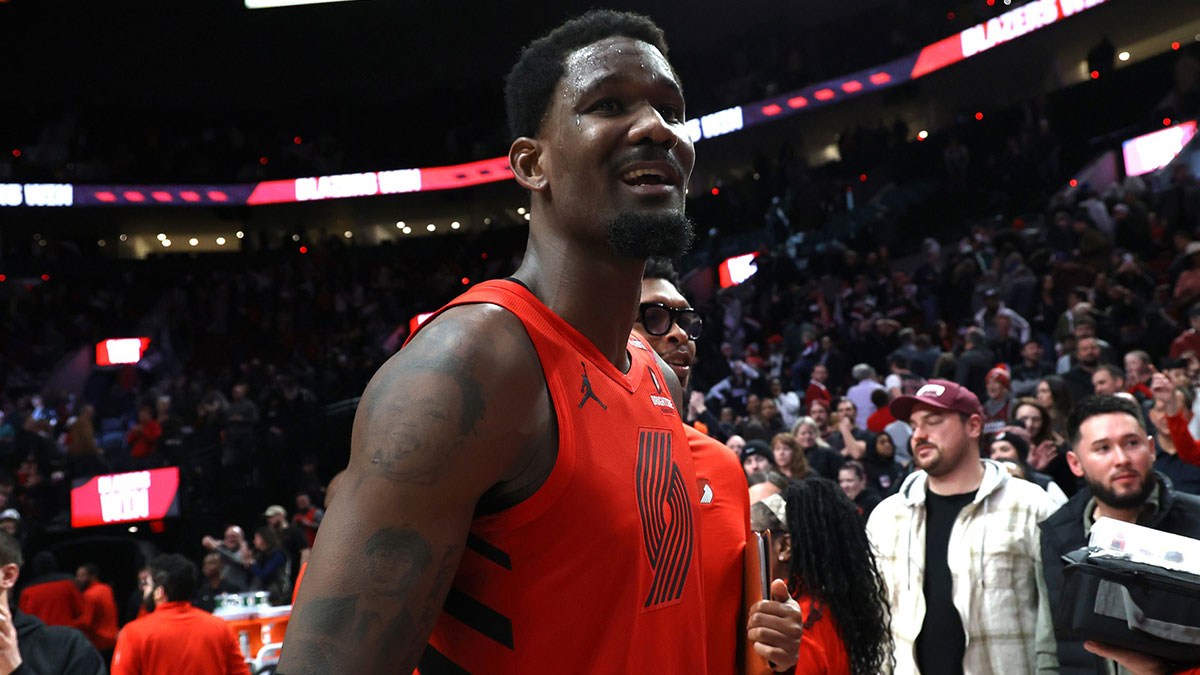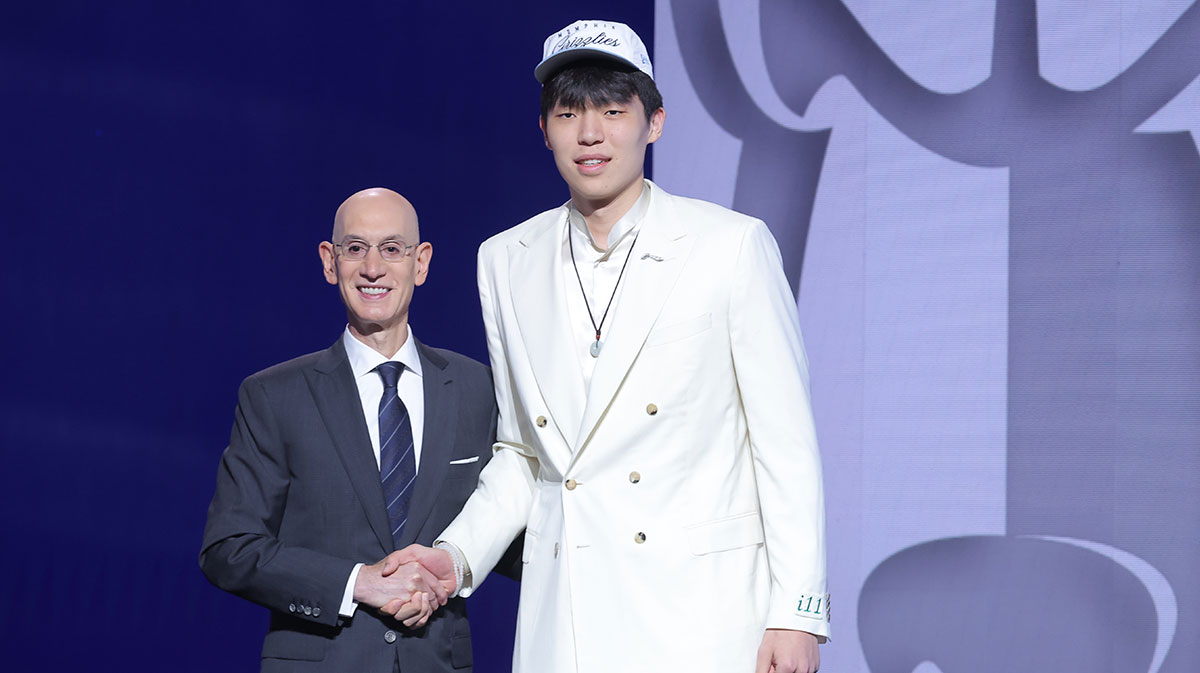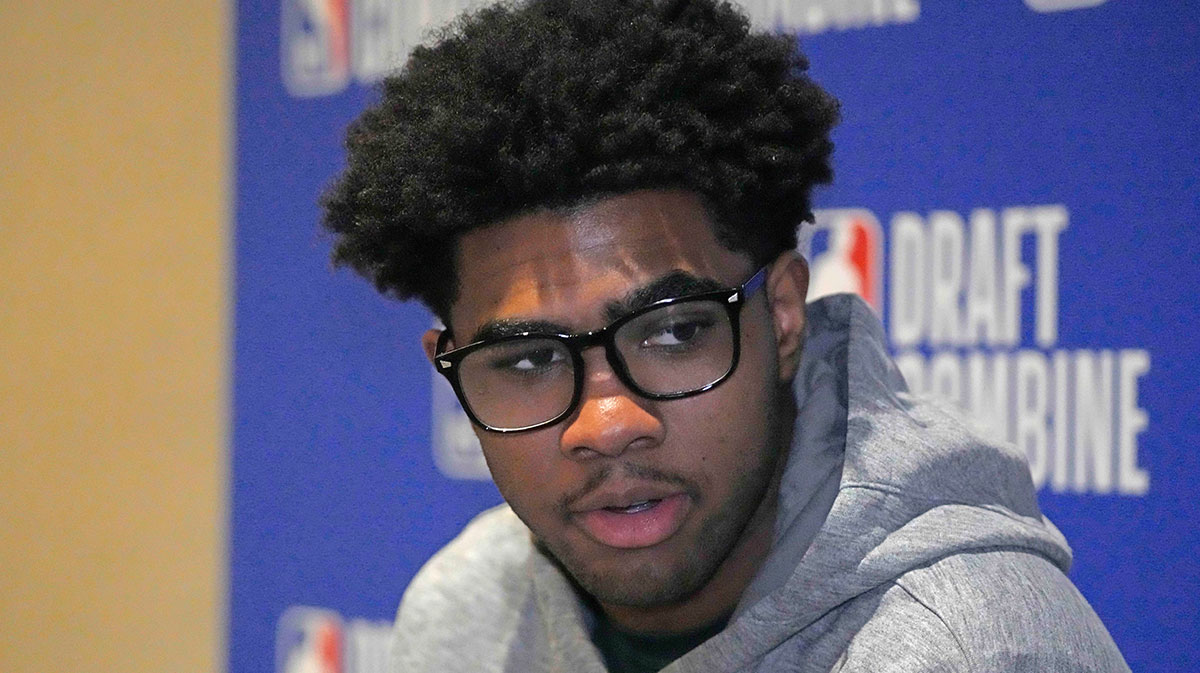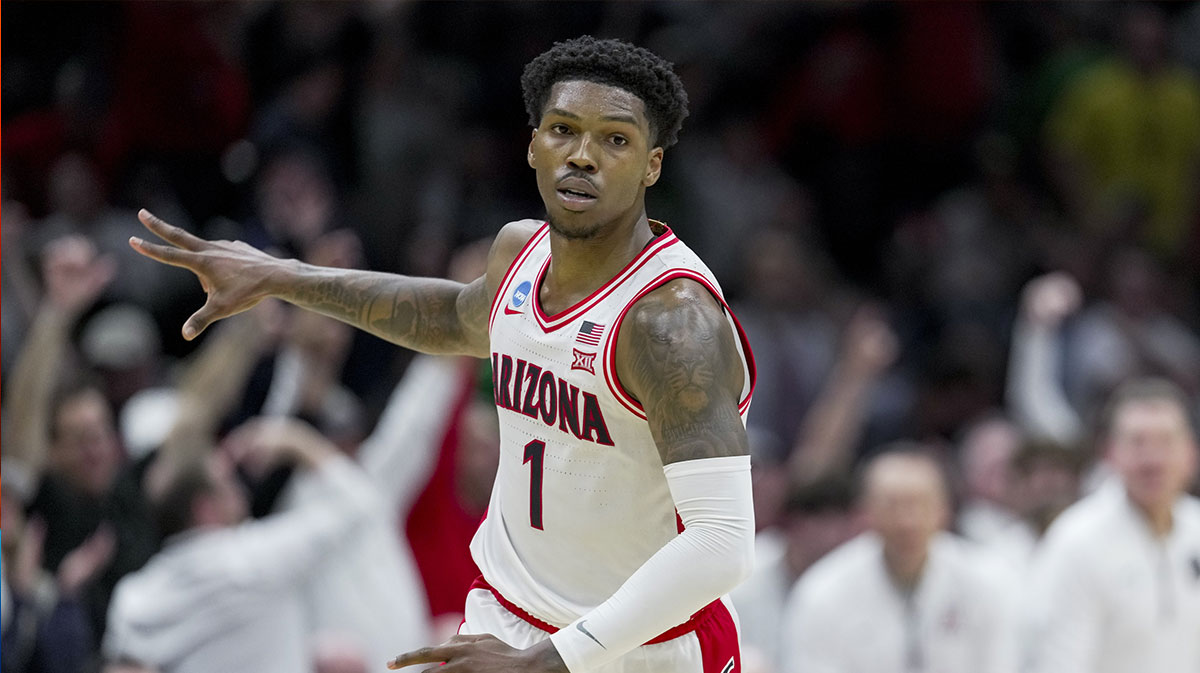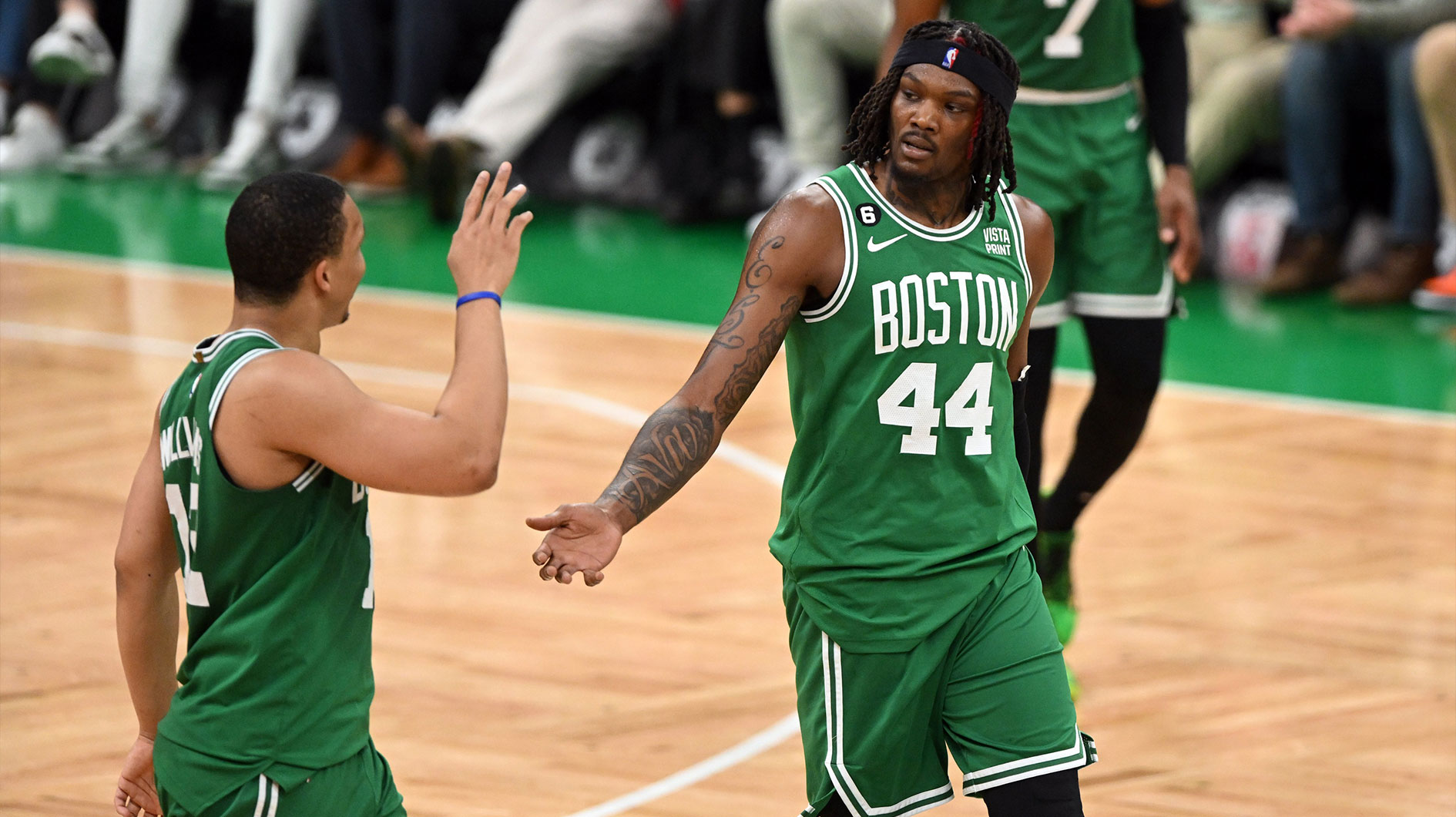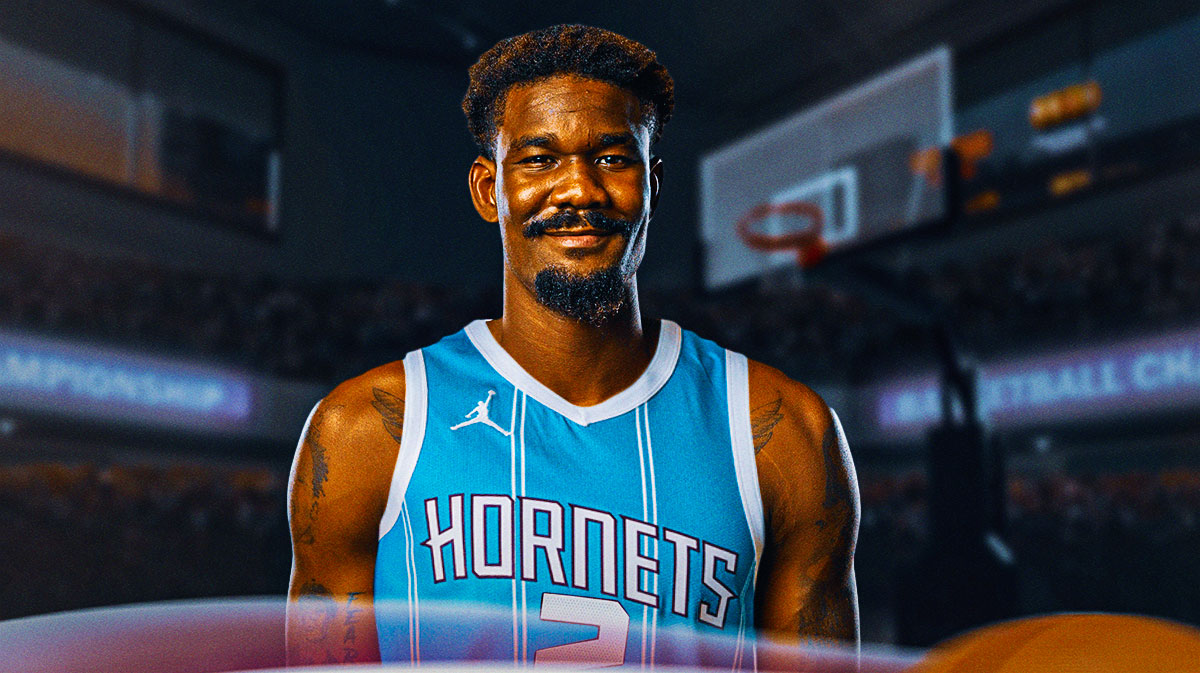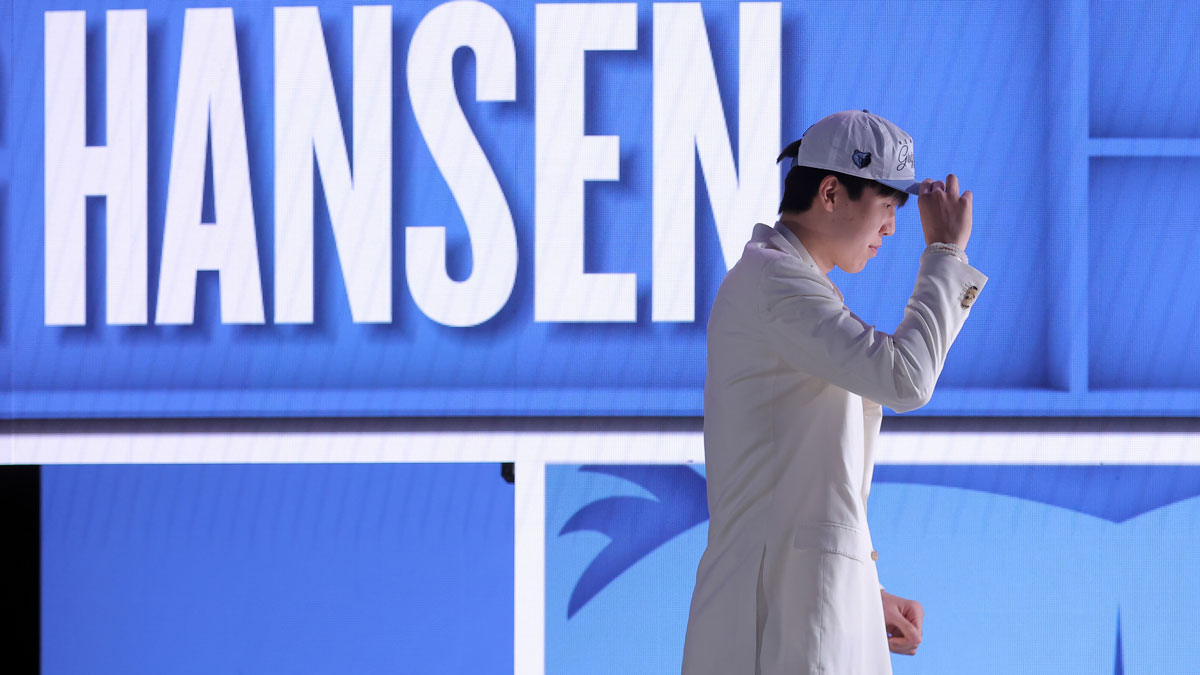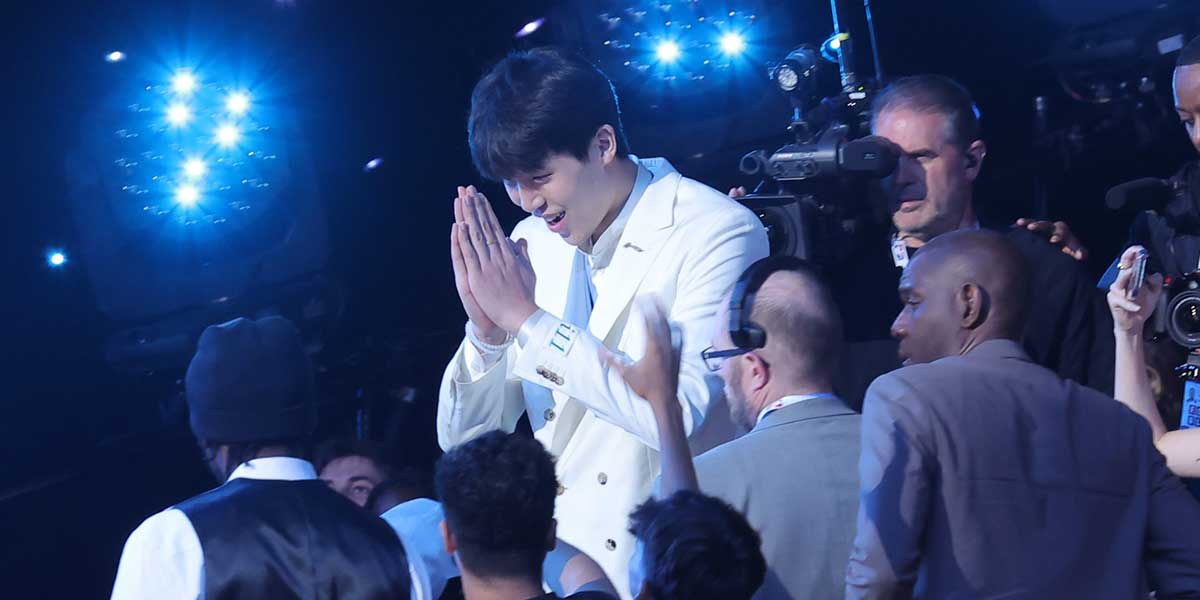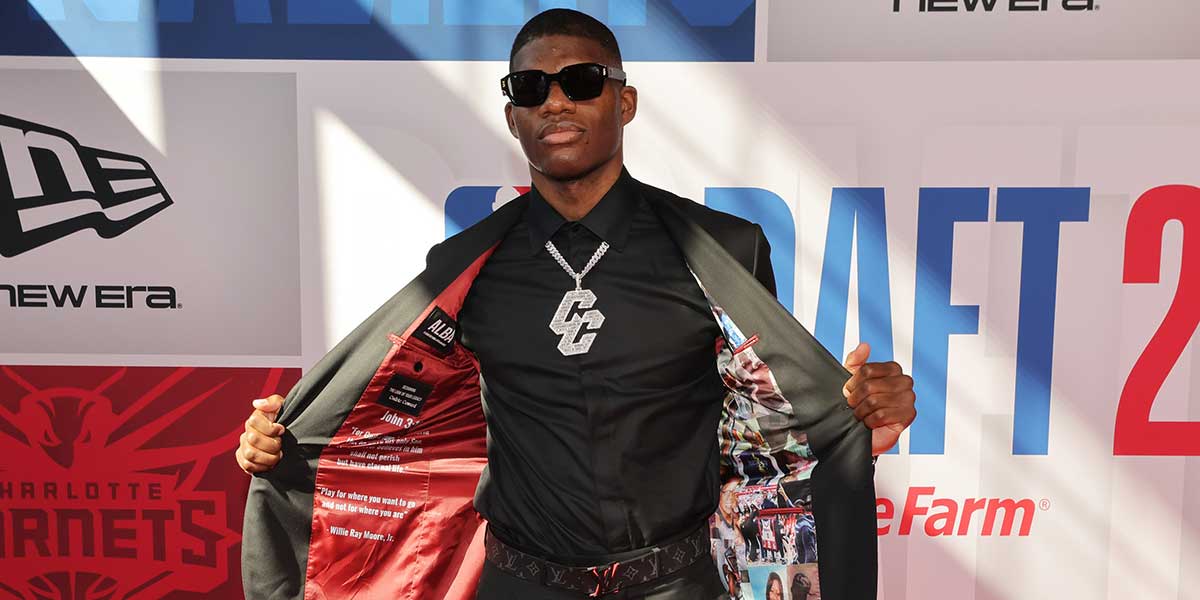Neil Olshey clearly took it as a source of pride.
Carmelo Anthony, without a job for more than a year when the injury-ravaged Portland Trail Blazers signed him in November 2019, re-upped before last season despite knowing he'd be moved to the bench—the same gut-check demotion that previously left him out of the league in the first place. But unlike his ill-fated tenure as a first-time reserve with the Houston Rockets to begin 2018-19, Anthony knew exactly what he was getting into with Portland, and the trust he had in Olshey was one of the biggest reasons why.
The Blazers, Olshey swore to Anthony during free agency, would be active “custodians of his legacy,” a promise that struck a major chord with the future Hall-of-Famer after his ugly stops in Houston and Oklahoma City.
“It was completely genuine,” Olshey told Jason Quick of The Athletic in December 2020. “Having been in two difficult situations prior to his arrival in Portland, we understand that, as the current caretakers of his legacy, we have to accept a heightened level of responsibility that goes beyond just success or failure on a game-by-game basis. That responsibility means something unique to all of us, but everyone from executives to coaches to players embrace the experience of sharing this part of his Hall of Fame journey.”
Anthony signed with the Los Angeles Lakers nine months later, a long-anticipated development after Portland's historically porous defense was shredded by the short-handed Denver Nuggets in the first round of the playoffs. LeBron James is one of ‘Melo's closest friends, and time has almost run out on the latter's chance to win a ring.
Chauncey Billups' hiring seemed to further cinch Anthony's departure. The Blazers' new coach hadn't exactly spoken in glowing terms of Anthony's style of play since their time as teammates with the Denver Nuggets in the late 2000s. Portland's separation with Anthony, surely, was a mutual one.
Anthony, however, set the record straight about his departure from the Blazers on a recent appearance of Posted Up With Chris Haynes. While he holds no ill will toward his former team, Anthony made clear he was surprised by no one in Portland's front office returning his calls this summer—especially because he actually wanted to come back for one more run with Damian Lillard, C.J. McCollum and company.
Lakers star @CarmeloAnthony joins Posted Up w/C. Haynes Pod to discuss his memoir “Where Tomorrows Aren’t Promised,” joining LAL, advice to Damian Lillard, reveals 3 teams he considered & why he tried waiting on Portland.
🎥: https://t.co/czbHDDd5RC pic.twitter.com/r2QEA6RCau
— Chris Haynes (@ChrisBHaynes) September 14, 2021
Olshey, it bears emphasizing, didn't break his promise to Anthony. The Blazers more than held up their end of that touching free agency bargain, making ‘Melo a nightly cog off the bench—even a fixture of their small-ball closing lineup—and force-feeding him the post-ups and isolations he craves all season despite typically damning efficiency numbers.
Anthony wasn't the impact reserve his random scoring outbursts and online adulation suggested. Letting him walk was always the right move, and any associated worries about Portland's playable frontcourt depth were alleviated by the eventual trade for Larry Nance Jr. Regardless, Anthony obviously showed enough with the Blazers last season for the Lakers to come calling and his career to continue.
Legacy protected.
But the newly revealed context behind Anthony's exit points to the frustrating, confusing and damaging approach of Portland's front office when it comes to player movement anyway.
Olshey has long stressed the Blazers' best means of acquiring talent is through the draft, trade market and player development, vehicles of roster churn driven by teams instead of players. Small-market franchises like Portland are at an inherent, almost insurmountable disadvantage in free agency compared to glamour markets like Los Angeles, New York City and Miami, and Olshey won't let the public forget it on the rare occasions he makes himself available to media.
All too often, though, his pointed acknowledgment of that reality doesn't just come off as self-serving, but as a window into how Olshey himself really feels about the city of Portland. Admitting the average NBA player's aversion to playing in the Pacific Northwest doesn't require Olshey, a Los Angeles transplant born in Queens, to offer his personal critiques of the place he's called home since taking reins of the Blazers' front office in 2012.
The exchange above, from a 2016 roundtable of general managers, re-made the internet rounds in August, shortly after Portland's early actions in free agency laid bare that Olshey wouldn't be answering Lillard's calls for significant roster upgrades. Needless to say, Olshey's back-slapping quip to Eugene, OR native Danny Ainge about “spending a lot of time” in the northwest didn't exactly sit well with a fanbase already irked by him placing sole blame for the Blazers' first-round loss on Terry Stotts, the sham process that led to the hire of Billups and his staunch refusal to break up Portland's core.
Olshey is comfortable operating under the duress of local disapproval. Jody Allen's hands-off approach to ownership makes doing so easier. But what about NBA players' collective opinion of Olshey? If he's not trying to convince free agent targets and prospective trade acquisitions that they really will love playing in Portland, it stands to reason that Olshey—an actor with TV credits on shows like All My Children before pivoting to life in basketball—is mostly selling himself and the enviable locker-room culture he's helped build with the Blazers over the last decade.
How the front office's non-response to Anthony's interest in returning aligns with that type of persuasion is anyone's guess. It also wasn't the first time Olshey essentially shunned an incumbent free agent beloved by his teammates and fans alike. Back in 2015, after LaMarcus Aldridge shocked Portland and the NBA at large by signing with the San Antonio Spurs in free agency, Blazers management couldn't even bother themselves to tell Wesley Matthews—still recovering from a torn Achilles—they'd elected against bringing him back.
“I was pissed off,” Matthews told The Oregonian at the time. “I felt disrespected.”
For as much flak as he's taken locally and in league media circles, Olshey largely avoided even implicit criticism from his players before the end of the 2020-21 season. The most controversial offseason in team history changed everything for the Blazers, though.
It didn't take much reading between the lines to parse Lillard's disappointment with Olshey the several times he recently discussed his wavering commitment to Portland. Many with direct lines to Blazers players—be it trainers, relatives or friends—expressed exasperation with Olshey over the summer on social media, too. The most important tide of judgment, the locker room's, seems to have turned against him.
What that means until the 2022 offseason isn't much. Free agency is over, and Portland's capacity for trades is limited by both C.J. McCollum's bloated contract and the uncertain status of Lillard's future in Rip City. But when it finally comes time to either rebuild from the ground up or aggressively retool around Lillard, trust that Olshey's reputation among players and their agents will play a factor in the Blazers' success.
Olshey won't be making the case for Portland as a basketball town. He'll have the embarrassing circumstances of Anthony's departure to work around. And the hopeful lure of the Blazers' ballyhooed culture won't exist the way it did before the front office botched Billups' hiring process and when Lillard was fully committed to Portland.
At least Olshey, if he's still around, will have his self-assurance to fall back on.



